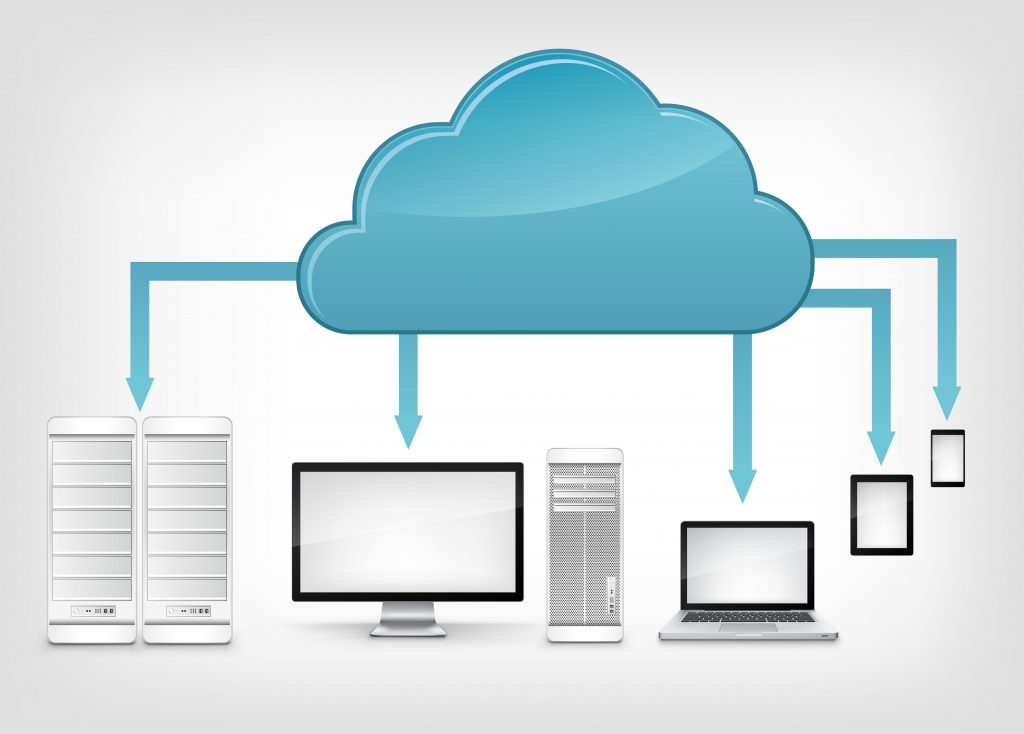- November 30, 2021
- Catagory Data Protection
Make sure your endpoint backup safeguards your most critical business information
Endpoint backup remains essential, especially with the emergence of the hybrid office and the persistence of remote work, but that doesn’t mean all your data needs to be backed up. The right cloud-based data protection can cover all the bases while being discriminating about what it stores.
The main reason you must back up every endpoint is that business data is distributed across devices and remote locations. Today’s cloud-based data protection makes it easier because it recognizes that employees are more mobile, and their devices have increased in storage capacity and may store critical business information. But you’re certainly not going to want to back up every single bit of data from an employee’s device, especially if they’re a remote worker using a personal device as their workstation.
Discover every endpoint

A key challenge for data protection efforts is that not all endpoints are connected to your corporate network, but you still need to understand what endpoints must be backed up regardless and accommodate both the device type and how it connects.
In some cases, it’s easy to schedule cloud-based data protection at regular intervals based on the value of the data and how frequently it changes because they are on your network or can connect as needed to back up their data. However, laptop connectivity can vary wildly depending on the employee with some remote workers always at home while others may be more mobile. Executives have a reputation for living on their smartphones, putting their entire office in the palm of their hand.
It’s critical that you understand where your critical business information resides, but that doesn’t mean backing up single device, application and server is the answer.
Pick and choose your data
Endpoint backup isn’t necessarily expensive, but do you want to spend money on data protection for information that won’t be missed?
Not all data is created equal, so consider building a data classification strategy. Not only will you not waste time and resources backing up non-essential data, but the exercise will you better understand what digital information is critical to your business operations. By classifying your data, you ensure that the data that truly matters is safeguarded and replicated without overprovisioning your endpoint backup capabilities, whether it’s your on-premises infrastructure or cloud services.
The added benefit of data classification is that you can improve your compliance posture so that you’re applying adequate protection for sensitive information that may be governed with privacy legislation such as Personal Information Protection and Electronic Documents Act (PIPEDA) and the General Data Protection Regulation (GDPR). It’s also an opportunity to streamline your production IT—the more systems you have in place, the more complex the data classification and endpoint backup. Standardizing on a single document management system or CRM will make it easier to find where the critical business information resides so it’s consistently backed up.
Regulatory compliance and data classification are a continuum because your critical business information changes and grows in volume in line with your business. For your endpoint backup to remain accurate, consistent, and comprehensive, consider engaging a managed service provider to help you architect a strategy that can help you classify data, create sound policies, and automate where possible so that your critical business information easily accessible in the event of any emergency or disaster.




 Latest Blogs
Latest Blogs FAQ
FAQ